|
Frank left a comment on yesterday's post: Should I decide to vote for Trump it will be with my nose held, and only in an effort to deny the office to Clinton, the most blood-lusting pro-abortion, anti - exercise of religion, denier of the natural order of marriage politician we have ever seen. To Frank, and to others of his mindset I say this: If all of you who say you are against what Donald Trump stands for hold your noses and vote against your principles for him anyway, then if he becomes President you will be no less responsible, no less culpable, no more righteous than those who voted for him because they support him and what he stands for. But stop and think: Here is a man who's on a continuing rage bender because a young woman called him out over offensive remarks he made to her twenty years ago. His anger is making him so crazy he can't even sleep. The other night in the insomniac hours he grabbed his phone an launched a twitter attack against the young woman that continued into the next day. All he's been talking about since then is revenge, revenge, revenge. Now suppose this man were President and instead of just his cellphone he had our nuclear arsenal at his fingertips with which to act on his enraged impulsiveness. I ask you all:
How many unborn babies would die in a world-wide nuclear holocaust? How would you exercise your religion if the churches were in rubble? What future would there be for the natural order of marriage or of anything else if we, along with our planet, were dying of radiation poisoning from nuclear fallout? For the sake of your children and your children's children, born and unborn, the better thing would be to hold your nose and vote for Hillary.
0 Comments
In Wednesday's New York Times there was an editorial by Pulitzer Prize-winning journalist Thomas L. Friedman, ...asking how, how, how in the world could we put a man like Donald Trump in the White House? Mr. Friedman framed the question around Trump's ignorance, recklessness, and con-artistry. In truth I've been pondering the same question myself, but not for the same reasons as Thomas L. Friedman. I can't imagine how anybody could cast their vote for someone so mean. The latest chapter in this Mean Pilgrim's Progress is, of course, is the revelation of Trump's humiliation of Alicia Marchado when she was a 19-year-old Miss Universe winner. He thought it was funny to call her "Miss Housekeeping" because she was Latina and "Miss Piggy" when she put on weight. But this reveals nothing new about Donald Trump's meanness. Remember when he - a millionaire's son whose father snagged for him five draft deferments during the Vietnam War - belittled Senator John McCain for his ordeal as a POW?
Seriously, who does that? What kind of grown man thinks it's all in good fun to show derision of a person's suffering or mimic a person's disablity? And even more confounding, why did his supporters not turn from him in disgust after he ridiculed those men? Why didn't his campaign crash and burn on the spot either time? Why are there still people who defend his bullying of Alicia Marchado and, according to new emerging testimony, other young contestants while they were participants in his beauty pagent? Why do do so many millions of Americans find that kind of behavior acceptable for a President? What's our problem? But worse than the cruelty disseminated by his verbal meanness is the outcome when his meanness melds with his greed, as it did in his Trump University scam. According to Eric Schneidermann, a New York Post reporter and plaintiff in one of several lawsuits against Trump University: "Students were told that they would get “apprenticeship” support, access to private funding sources and even a chance to meet Trump himself, which got a high-pressure sales pitch. The three-day seminar started at $1,495, and recently released documents confirm that students were pressured to increase their credit card limits to enable them to pay as much as $35,000 for supposed special mentorship programs... Trump University students were defrauded of $40 million, with about $5 million going to Trump himself". How many people in already precarious financial straights are now drowning in debt because of the Trump University scam? How many others lost their life savings? These weren't wealthy Wall Street moguls who were defrauded of some insignificant disposable income, these were struggling people, working people, poor people who were tricked by their trust in the name of a billionaire who ultimately used their trust to put more money into his own already well-lined pocket. Does all that not bother any of his supporters? And what about all the contractors, architects, painters, dishwashers, bartenders, and other laborers whom Donald Trump refused to pay or pay fully for their work? Does that treatment of others actually stand well with his defenders? And what about his response at the debate that his wish back in 2006 for a housing collapse so that he could make a profit was called "doing business"? I don't know. I call it being mean. References:
http://www.nytimes.com/2016/09/28/opinion/trump-how-could-we.html?_r=0 http://www.newyorker.com/news/john-cassidy/trump-university-its-worse-than-you-think http://www.nydailynews.com/opinion/eric-schneiderman-trump-university-ran-scam-article-1.2666389 http://www.nationalreview.com/corner/432010/trump-university-scam https://www.yahoo.com/beauty/another-pageant-contestant-calls-out-donald-trump-for-being-sexist-and-controlling-121350461.html http://www.vanityfair.com/news/2016/06/donald-trump-lawsuit-contractors There has been a plethora of take-aways from Monday night's presidential debate between Hillary Clinton and Donald Trump and the commentary is still rolling in. To me one of the more interesting media responses was to be found yesterday on Scroll.in, a daily website that publishes the political and cultural news of India, in an article entitled, "Donald Trump Proved In US Presidential Debate That He Is Basically A WhatsApp Uncle". Now, in India the terms "Uncle" and "Aunty" are terms of respect used to address or refer to an old person, not necessarily one's own aunt or uncle. So for example, if a younger person on a bus in Mumbai were to offer their seat to an old man they might say, "Here, have a seat, Uncle." Or if I were in India I expect I would be called "Aunty" everywhere I went. Actually I think that would be kind of nice. I kind of wish everyone here would call me "Aunty". I think I'd like that. But I digress. So anyway, the term "Uncle" in India refers to a male senior citizen. As for WhatsApp, I frankly had never heard the word before, but that's probably because I'm a technology troglodyte who's never current on anything. So for the benefit of my fellow troglodytes here's an explanation of the term that I found on Webwise: WhatsApp is a free to download messenger app for smartphones. WhatsApp uses the internet to send messages, images, audio or video. The service is very similar to text messaging services however, because WhatsApp uses the internet to send messages, the cost of using WhatsApp is significantly less than texting. It is popular with teenagers because of features like group chatting, voice messages and location sharing. According to the author of the Scroll.in article, a WhatsApp Uncle is a particular kind of old guy who has certain propensities: You know WhatsApp uncles, right? They're always messaging, frequently interrupting other people's conversations, happy to send questionable jokes and blatantly misogynistic or racist content, praising the nation while also slamming some subset within the nation, constantly peddling conspiracy theories about the rest of the world and they do not like being called out on their positions. Apparently they know all about WhatsApp Uncles in India. And now, thanks to one of our Presidential candidates, we in the States have our own national WhatsApp Uncle, ...who whined, ranted, interrupted,lied, snuffled, and performed overall abysmally at his first presidential debate but who's still going strong as ever in the general election and swing state polls. What's up with that? References:
http://www.stabroeknews.com/2016/opinion/letters/02/13/indians-use-aunty-uncle-terms-respect-world/ http://www.webwise.ie/parents/explainer-whatsapp/ https://www.yahoo.com/news/donald-trump-proved-us-presidential-061500925.html
...and I now breath a sigh of relief, a prayer of thanks, and and exhalation of jubilation for a successful evening of music that followed from a clearly inauspicious start. My plan was to be at the recital hall at 5 pm, an hour early, to: meet with the videographer; meet with my friend who always prints up the programs and makes the seating tags for the students; give instructions to another friend who was coming along with me to help out by escorting the students to and from the rehearsal room to warm up; and to to warm up a bit myself and hopefully have a few peaceful moments to "get in the zone" before my students began arriving. However the best-laid plans of mice, men, and piano teachers often take a detour. Just after I'd picked up my friend I received a text from a student's parent that there'd been a family emergency - a minor one it turned out to be, thankfully - and though one of the parents hoped to make it in time for the performance the student was at the moment without a ride to the recital. I drove over to the student's house to pick them up. When I arrived at the recital hall half an hour later than I'd planned to arrive I saw that the two pianos I'd be using for duets with my youngest students were no longer side by side, as they'd been for our dress rehearsal the week before, ...but were now back, to back. which looked very nice and professional but wasn't the set-up with which we'd practiced. So instead of being comfortingly next to the youngest students while they played I'd be the length of two 9-foot pianos away. As the students began arriving and heading to the warm-up room, a spacious area filled with electric practice pianos with headphones so that the students could practice in peace, as they were doing in the photos below from our last recital, ...we discovered that this time all the headphones were missing so that the students had to practice amidst the cacophony of their fellow students practicing at the same time. Some students were fine practicing away submersed in a sea of noise, others were unnerved by it. I was unnerved by it. Some of the parents who came back to listen to their children rehearse were unnerved by it. Some of the students wanted to practice in the hall on the performance piano. Others couldn't practice in the rehearsal room but didn't want to practice in the recital hall, which was now filing up with the audience. Finally I just said, "Whatever!" and let the students warm up wherever they wanted to, or not warm up. But I did take each of the little ones with whom I was dueting and had them sit at one piano while I sat at the other so that we could have a quick try-out on this piano configuration. Turned out that none of them were tall enough to see me over the music rack, which meant that I couldn't give them a sign or a whisper when to start playing. I tried calling out, "1, 2, ready, go!" and that worked pretty well, though for a couple of students I opted to sit next to them on the bench and play my part on the same piano. I thought it must be close to performance time, though in fact I didn't know what time it was because I'd set my watch down somewhere in the building and now couldn't find it. But most of the students and audience were in their seats, the students looking ready to go and, I thought, a tad anxious. When I went back to the the rehearsal room to round up the last of the practicers and get them into their seats I asked one of the parents in the room if it was close to 6 o'clock yet. The parent informed me that 6 o'clock had come and gone. My heart started pounding. Oh, please, get us all through this, I prayed to the patron saint of nervous piano players, whoever that might be. As soon as all the students were in their seats I stepped onto the stage. I pulled in a deep breath, and while I stood there welcoming our audience, I felt as if a calm had suddenly overtaken the chaos of a few moments before. Or maybe, in retrospect, it wasn't the recital hall that had been in chaos, only my ever-anxious heart. Reference: "The Beat That My Heart Skipped", http://www.imdb.com/title/tt0411270/ Tonight is my piano students' recital. Playing the piano is one thing - we all love to play, once we can hit a few notes correctly, play a song, have some music in our lives - but performing is another. And yet why do we play an instrument if not to perform, for ourselves and others? And so I, like most instrument teachers, have my students, as part of their learning journey, perform publicly for others. Because everybody loves to hear some live music.
...I'm serious, ...and you can absolutely tell when a pet is enjoying a performance. Still, performing front of a crowd -even a friendly crowd like your fellow students and their families - can be challenge. And then there's the challenge behind the challenge: learning the piece. Nailing all the notes, then making the piece sound beautiful, which one can only begin to work on when one has the notes more or less nailed. I say more or less because there always seems to be, in every piece, for every pianist, what I call a Frankenstein: ...a part of the piece, sometimes just one measure, just one chord, just one miserable note, that you can't seem to get, the monster that's always waiting there to mess up your performance, filling you with fear and dread. Thus we musicians are always battling our Frankensteins. We strive to conquer them by playing them over, and over, and over, throttling them with our fingers, 25 times, 50, times, 100 times, more times, ...and, amazingly, we do manage to conquer those bad parts. ....with a ton of practicing and then some dress-rehearsing. But then again sometimes we just can't conquer our Frankenstiens, in which case we have another weapon in our belt:
Sometimes a piece has more than one Frankenstein to fell. And sometimes, along with the Frankensteins, there are what I call Minor Demons: parts of the piece that aren't the worst, but that you're always relieved to get past without tripping over.
But perhaps worst of all are what I call the Obscura Daemonia, the Hidden Demons. A Hidden Demon is a part of your piece that you have down pat, that you never mess up, that you're best friends with, that you don't even think about but then at your performance, wham, it turns on you: this is the part you mess up on, not the horrid Frankenstien you were worried about but this easy part that you totally knew! Of course, a couple of wrong notes isn't the end of the world, and, as I'm always reminding my students, a few wrong notes don't spoil an over-all beautiful piece. Everybody sounded good at the dress rehearsal. I think we've taken care of all the monsters. I think we'll all be okay. Excuse me now while I go on one quick last Frankenstein patrol.
This I asked myself yesterday when I heard his mean quip comparing the Syrian war refugees,
When I and a good many other Americans think of Syrian refugees we see the heart-breaking image of a 5-year-old covered in dirt and blood solemnly sitting in a chair like a little man. I can't post that picture because I can't even stand to look at it. It makes me sick. Donald Trump Jr.'s Skittles joke makes me sick, too. Nor is it an extenuating circumstance that he didn't think up the Skittles analogy himself but merely filched the idea, without proper citation, of course, from a fellow nematode, alt-right radio talk host Joe Walsh who posted the original refugees-as-Skittles tweet a month ago. But then mayhaps among the Trump clan plagerism is simply considered a droit du Trump. Still, consider Donald Jr.: Born into the lap of luxury, like his father before him, ...educated at the best schools money can buy, from which he graduated debt-free, of course, then put on his father's payroll, handed a spot on his father's TV show, promoted to Executive Vice President at The Trump Organization, whatever that means. Model wife, five children, never a day, never of minute of material insecurity his whole life, never a fear that his children, grandchildren, or great-grandchildren need do without a thing their whole lives. All these good gifts that Donald Trump Jr. has been given and what does he grow up to be? Callous, cynical, cruel, ...so shallow that he cavalierly compared receiving bad press to the fate of Holocaust victims, "The media has been (Hillary Clinton's) number one surrogate in this. Without the media, this wouldn’t even be a contest, but the media has built her up. They’ve let her slide on every indiscrepancy, on every lie, on every DNC game trying to get Bernie Sanders out of this thing. If Republicans were doing that, they’d be warming up the gas chamber right now." ...tout court, the incarnation of a grown-up Draco Malfoy. But in the end, it's really no great mystery as to why Donald Jr. turned out to be the kind of person he is. " A good tree cannot bear bad fruit, nor can a bad tree bear good fruit." "Therefore by their fruits you will know them." (Matthew 7: 18, 20) References: http://www.cnn.com/2016/09/19/politics/donald-trump-jr-twitter-refugees/index.html https://www.washingtonpost.com/news/the-fix/wp/2016/09/19/donald-trump-jr-inadvertantly-encourages-america-to-scoop-up-refugees-by-the-handful/ http://www.nytimes.com/2016/09/21/us/politics/donald-trump-jr-skittles.html?_r=0 http://www.theatlantic.com/politics/archive/2016/09/what-is-donald-trump-jr-talking-about/500198/ https://www.biblegateway.com/passage/?search=Matthew+7%3A15-20&version=NKJV
If anybody's looking for me on a Saturday afternoon in September, October, or the beginning of November, I'll be out pounding the sidewalks of Gahanna, Ohio, clipboard and pen in hand, ...canvassing for Hillary. I'm part of the GOTV (Get Out The Vote) for Ohio Together, which is the name of Hillary's Ohio campaign (and then there's the twitter hub for all things Hillary in Ohio with the awesome tag: #OHHILLYes). As a GOTV-er I walk through Gahanna neighborhoods, knocking on doors of registered Democrats to find out if they're on board for Hillary and the other candidates on the Democratic ticket; to make sure they're still registered; and to strongly encourage everyone to vote early. I also try to recruit volunteers. And I leave literature with undecided voters and on door steps (that's called "dropping the lit"). A day of canvassing starts with a meet-up at a designated spot, maybe the house of a Hillary volunteer or outside the library, where our energetic and hard-working young Field Organizer, Katharine, ...assigns us our neighborhood, gives us our packet, as our list of addresses is called, and a map, and pairs us up with a partner for the day.
My canvassing partner Roxanne and me with Katharine, ready to get to work.
...where we fortified ourselves for the task ahead with yummy snacks. After receiving our packets, partners, and instructions for the day, we head out to our assigned neighborhood and start knocking on doors, ..in pleasant weather, sweltering late summer heat, or rain. To get the optimum efficiency my partners and I generally opt to divide our packets between us, each covering a half of the area by ourselves rather than both of us staying on the same street. We're expected to get our packet finished in three hours, though it generally takes me longer to get my half done. After they've answered my questions people often have a few of their own, or just want to talk for a bit.
Even though I'm walking alone, I've never felt afraid canvassing here in Gahanna; people are generally nice whether we're on the same political side or not. There was one exception, however, a middle-aged lady in an affluent neighborhood who, as soon as I said, "Hi, my name is Patti, I'm a volunteer with the Hillary campaign, and I was wondering if..." shouted "NO!" and slammed the door in my face but not before letting out two of the biggest, angriest, barking-est beagle dogs - okay, they were only beagles, but they were big! and mad! - who chased me down the driveway and continued barking at me as I hurried down the block. They must have been hard-core Trump beagles. Naked yoga has arrived in Columbus, Ohio, and according to a September 13 article in the Metro section of the Columbus Dispatch, in at least three different yoga studios taking it all off is really taking off. The purpose of naked yoga is the shedding of negative body image and developing a sense of freedom, confidence and self-acceptance, certainly all good outcomes. As several of us members of the Panera Posse are yoga aficionados, we got to discussing the subject of yoga in the buff. Our general reaction to the concept was, in a word, "ick". In two words, "No way!!!" One member of our group, however, a medical practitioner who looks at unclothed body parts all day long, was more nonchalant about the idea, pointing out that we all have pretty much the same equipment. Her objection to naked yoga was not so much that it was naked as that it was yoga, she being a tai chi gal. But after I'd thought about it for a while, it occurred to me that, even when practiced clothed, there's an element of nakedness to yoga, to walking into a class in yoga gear that doesn't look as good on all of us as it does on these youngsters, ...in tandem with the poses, ...at which some are more accomplished and look better doing than others, and that, even when practiced covered up, reveal every hill and valley of one's body shape,
...and that might well result in a clumsy or failed attempt. On the other hand, the point of yoga, clothed or unclothed, is not to be watching what anybody else looks like or is doing and the only thing we're supposed to be focusing on is a point on the floor. "Leave your ego outside," says my yoga teacher, who also reminds us to refrain from judgement and, in fact, all thought. "For the next hour leave your mind between the last thought and the next thought," he often says. And so for the true practitioner of yoga under the correct guidance of a good teacher, clothed or unclothed should be irrelevant. And when you think of it, when everybody's naked then nobody is. In fact the worst kind of nakedness has to be feeling alone, different, vulnerable, left out, judged or laughed at by people who, in truth, are using their judgement of you to clothe and cover up their own feeling of nakedness. As for me, I'd find it far and away easier to do naked yoga in a class than to sit alone in front of a audience and perform a piano piece, as I'll have to do next Thursday at my students' recital. Reference:
http://www.dispatch.com/content/stories/local/2016/09/13/1-naked-yoga-participants-cite-feeling-empowered-shedding-body-image-shame.html
...and human-made, ...Portland, Oregon, has a serious social problem that's been spreading from neighborhood to neighborhood like a fast-moving plague. Homelessness. Over the summer the epidemic arrived in Sunnyside, my sister's Southeast-side neighborhood. When I visited my sister in Portland this past March her neighborhood appeared in no way remarkably different than it ever had. But by the time of my most recent visit during the first few days of September (see posts from 9/4/2016 through 9/8/2016), it was common to see used-up-looking people, young, old, mostly men, mostly white, ambling down the streets alone or in groups, or struggling along on bikes laden with their possessions or pushing shopping carts or stopping with their carts or bikes on the sidewalk, .as did this man in front of Romaine's next-door neighbor's house, ...or in front of local businesses as did these men in front of Zupan's, the beautiful upscale supermarket around the corner from Romaine's house
Zupan's now seems to be a common gathering spot for the new influx of street people. Maybe people have chosen Zupan's as a protest against the affluence it represents - last Sunday there was a group of ragged young men harassing customers as they tried to enter and exit the store - or because it's seen as a good spot for panhandling - panhandlers have taken to entering the store and pursuing the customers - or because of the little cafe tables outside the store, which are now sometimes occupied by homeless people and their possessions. During my visit the tidal wave of homelessness in Portland was a large topic of conversation among my sister and her friends and the neighbors we stopped to talk to during our walks, as well as on the neighborhood news blog. There's been a prevalence of home and car break-ins in the area and thefts to the point that it's now an assumption that anything left unguarded will be stolen, including UPS or mailed packages left on the porch. And my sister never parks her car on any street in Portland anymore without a lock bar on her steering wheel. And human feces on sidewalks and in parks has become a nuisance. Among the reasons I heard my sister and her friends offering for the state of affairs in Portland were: -Rents have gotten so high in Portland that some working people can't afford an apartment anymore and now find themselves in the streets; -Several homeless shelters have closed over the past year; -Portland is a hot spot along the Meth-Heroin Corridor between Mexico and Canada and drugs are more rampant than ever before; -There's been a recent huge influx of young people, hippie-types who are seeking to live the counter-culture life, perhaps inspired by the hit comedy "Portlandia"; -Portland's culture of tolerance; -Too few police officers to patrol the streets or handle non-emergency complaints. But my sister and her friends all agreed that in their opinion the main cause of the public problem that homelessness in Portland has become originated from an ordinance, well-intentioned but ultimately misguided, passed last year by Portland's mayor Charlie Hales, allowing homeless people to pitch tents on the streets and in parks for their own safety. From this ordinance grew: ...and so on, and so forth. A once beautiful walking trail known as the Springwater Corridor had to be closed down to the public for health and safety reasons. Last month apparently the mayor revoked the ordinance and the city has gotten to work clearing out the homeless camps that have cropped up on city streets and in parks. But the problem remains that now whenever a homeless camp is cleared out of one neighborhood it pops up in another. This is how the problem arrived in my sister's neighborhood. When the massive homeless camp was cleared out from he Springwater Corridor, another one sprung up soon after in Laurelhurst Park, a lovely park one block from my sister's street. The week before I arrived in Portland the city swept the homeless camp from Laurelhurst Park, but the proliferation of a street population endures in Sunnyside and across the city generally.
Beautiful Portland, you have a problem. On September 11, 2001 shortly before 9 am I was sitting on the edge of my bed in my bathrobe looking at the half-packed suitcase on the floor in front of me.
My husband Tom would be home from work within the hour to drive me to the airport for my flight to San Francisco where I was to meet up with my sister, my mother and my aunt for a "girls' week" in San Francisco. I really needed to get up, get dressed, and get packing, but my heart wasn't in it. I'd been looking forward to this vacation when it was weeks away - though my mother was 81 at the time she was still the life of the party and my 76-year-old Aunt Mary could also still hold her own and regale us with her Aunt Maryisms (see posts from 5/30/2014, 6/2/2014, and 6/3/2014) - but when the trip was days away I started feeling differently: a week suddenly seemed too long to be away from my family. For all my traveling nowadays, I never did any traveling back then. In fact in September of 2001, after 22 years of parenting, I'd never been away from home for longer than two or three get-away weekends (in town) with Tom during which we spent most of our time shopping for gifts to bring back for the kids, and a long weekend in Boston the previous summer with daughter Theresa to visit daughter Maria, who'd had a summer internship at the Harvard Arboretum. So it wasn't that I was desperately needed at home - two of my children were away at college, one was in high school and one in 8th grade. It was that I was homesick before I even had my bag packed. The longer I sat on the bed in my bathrobe the less I felt like flying to San Francisco and the more I was wishing I didn't have to. I was still sitting on the bed when the phone on my bedside table rang. It was Tom, he was frantic. I didn't finish packing my bag, after all. Rest In Peace. |
"Tropical Depression"
by Patti Liszkay Buy it on Amazon: https://www.amazon.com/dp/B0BTPN7NYY "Equal And Opposite Reactions"
by Patti Liszkay Buy it on Amazon: http://amzn.to/2xvcgRa or from The Book Loft of German Village, Columbus, Ohio Or check it out at the Columbus Metropolitan Library
Archives
July 2024
I am a traveler just visiting this planet and reporting various and sundry observations,
hopefully of interest to my fellow travelers. Categories |








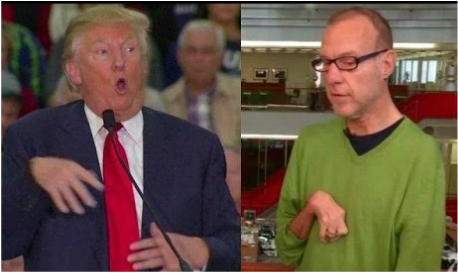



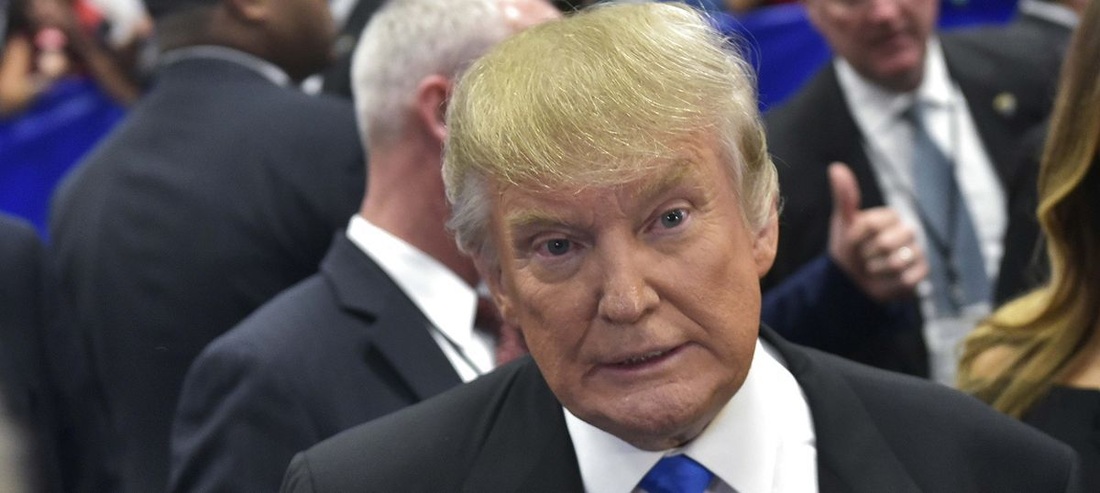
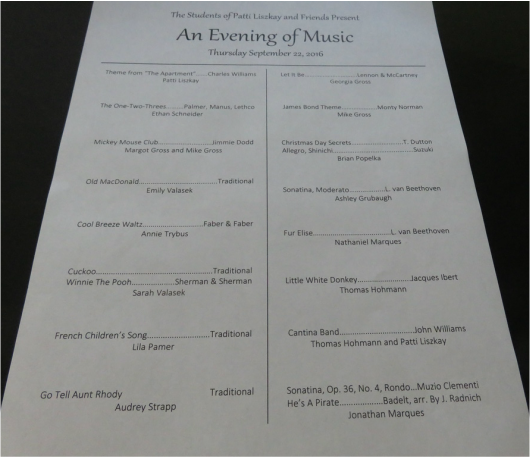


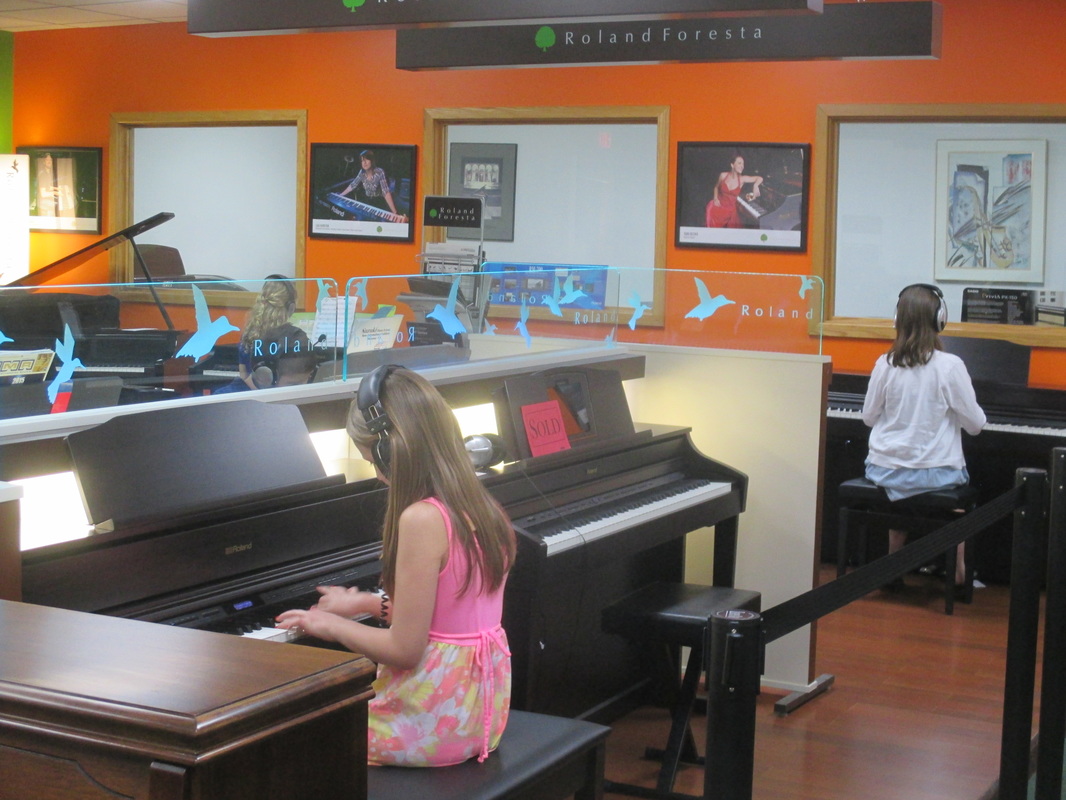
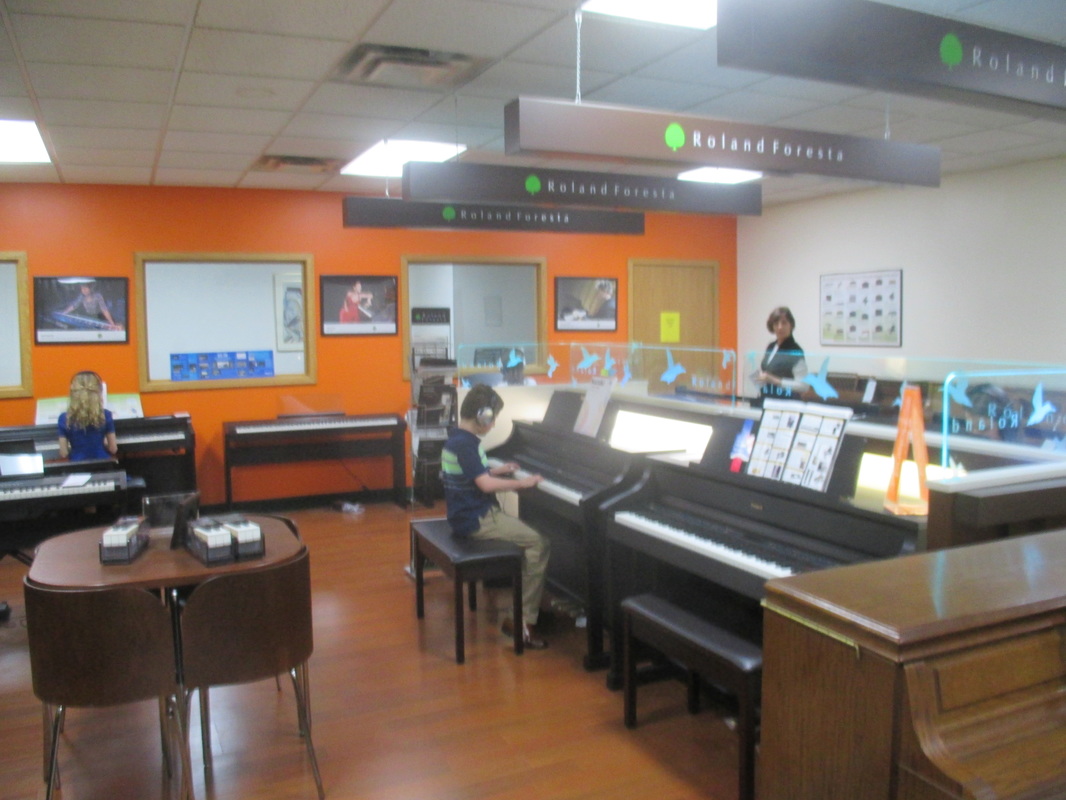

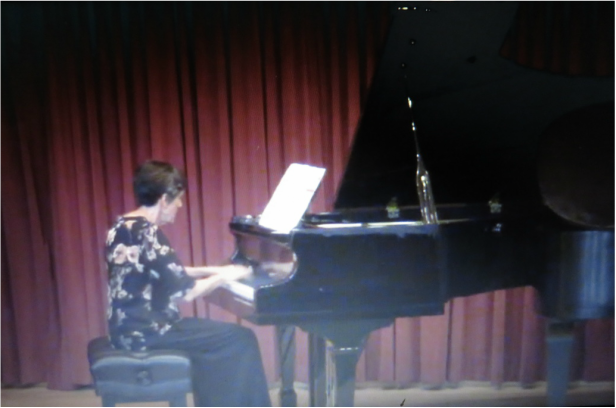

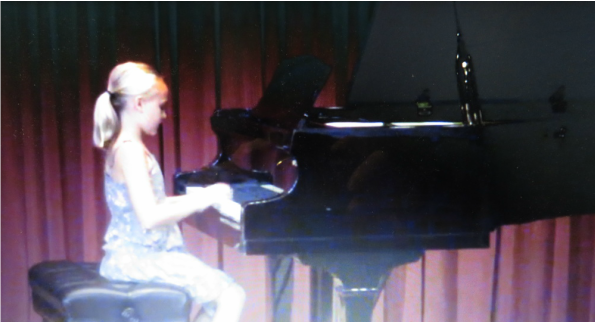

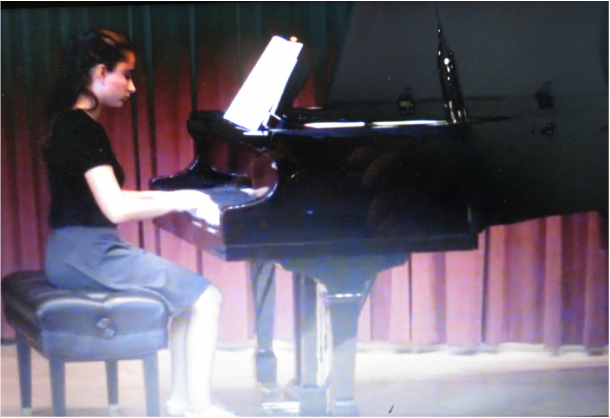

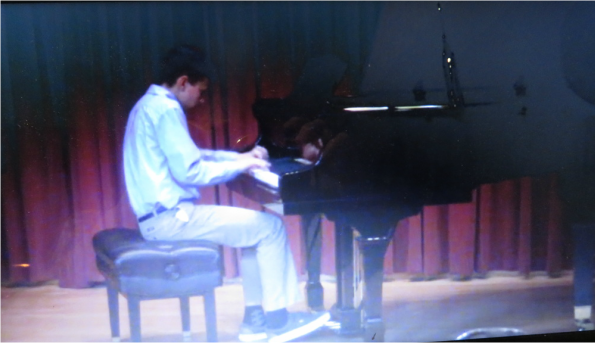




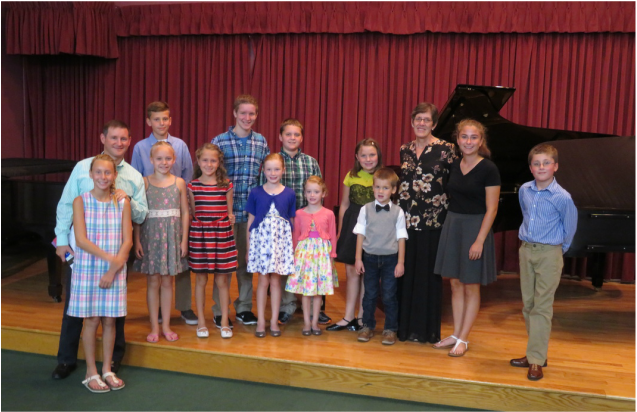

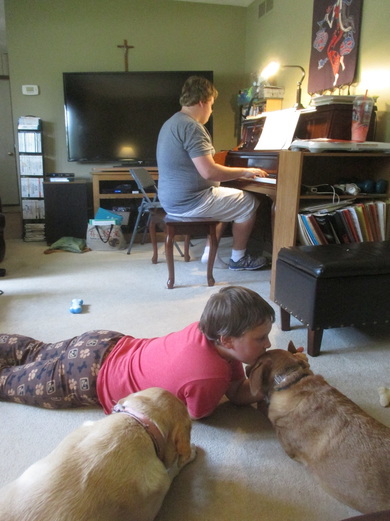
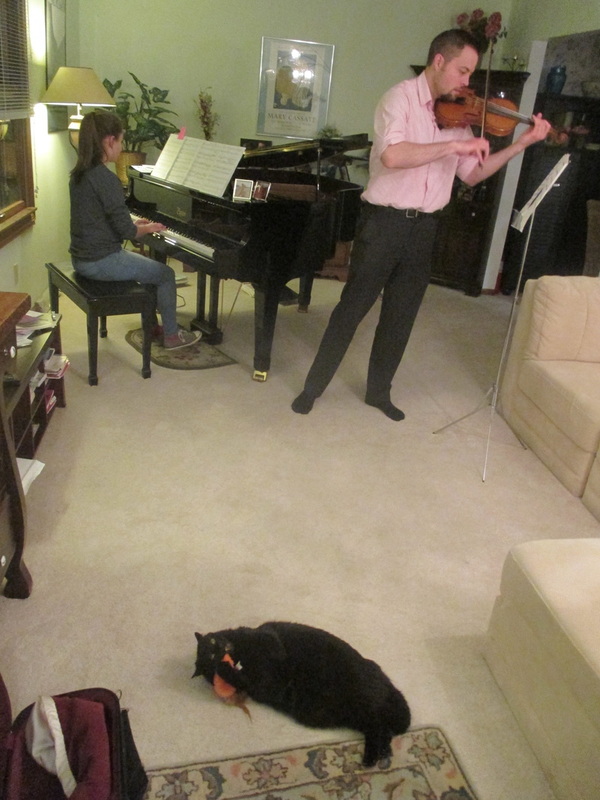

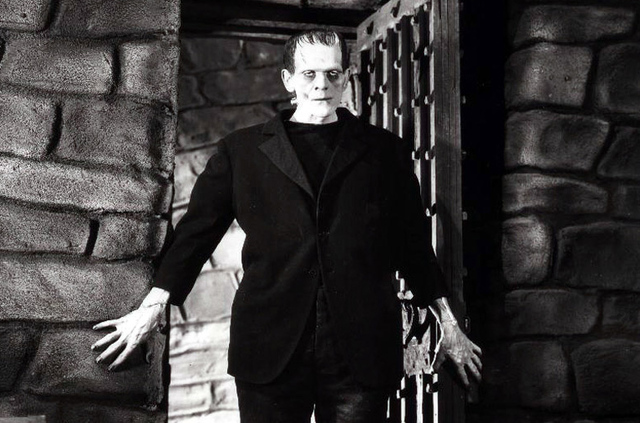









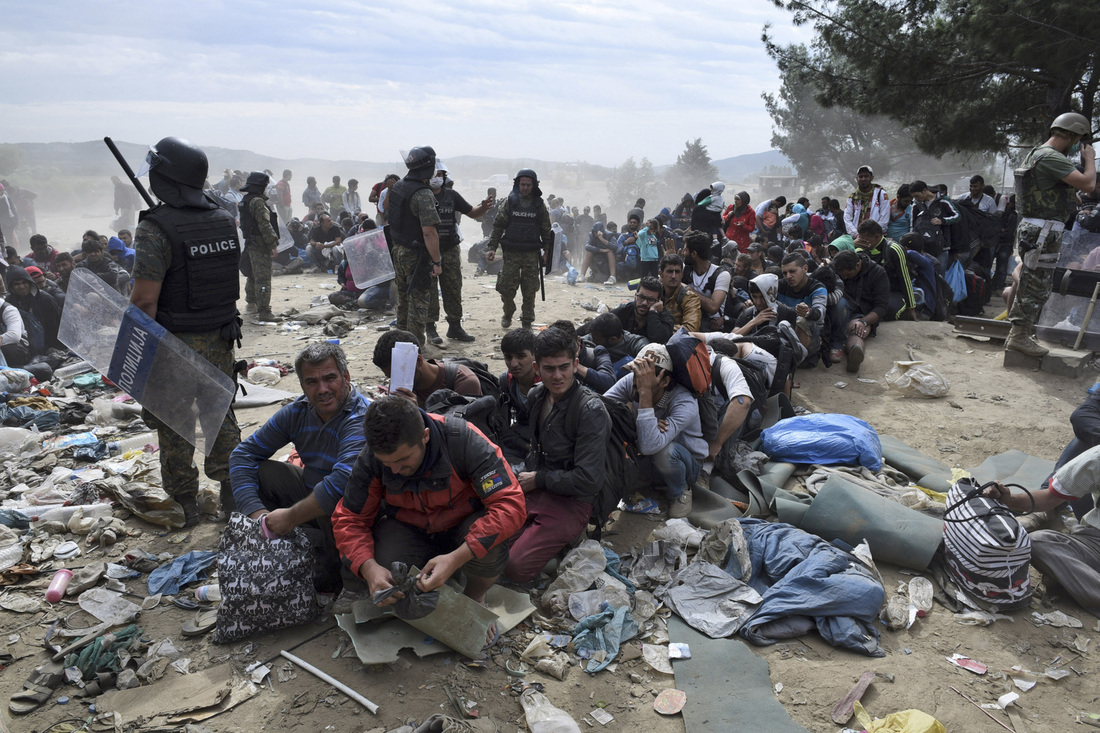


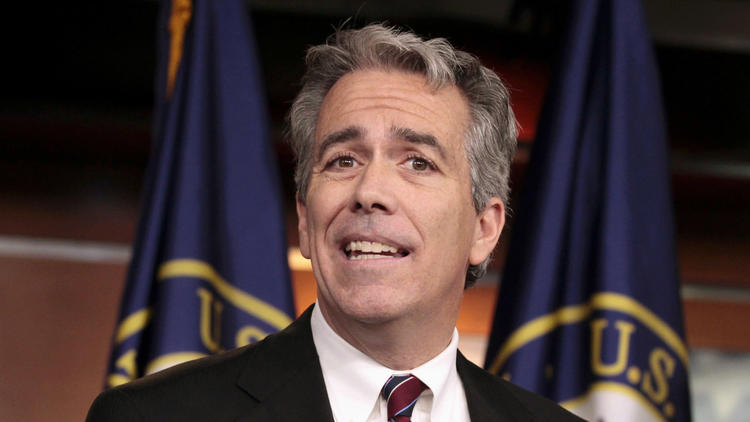

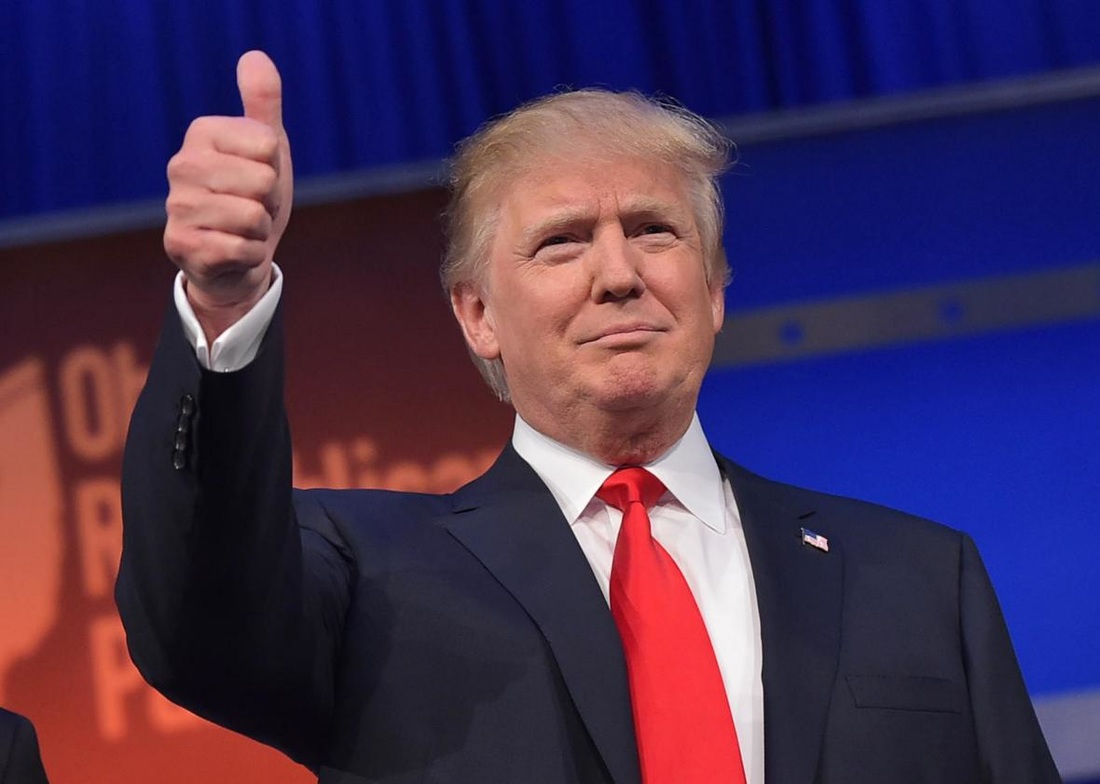





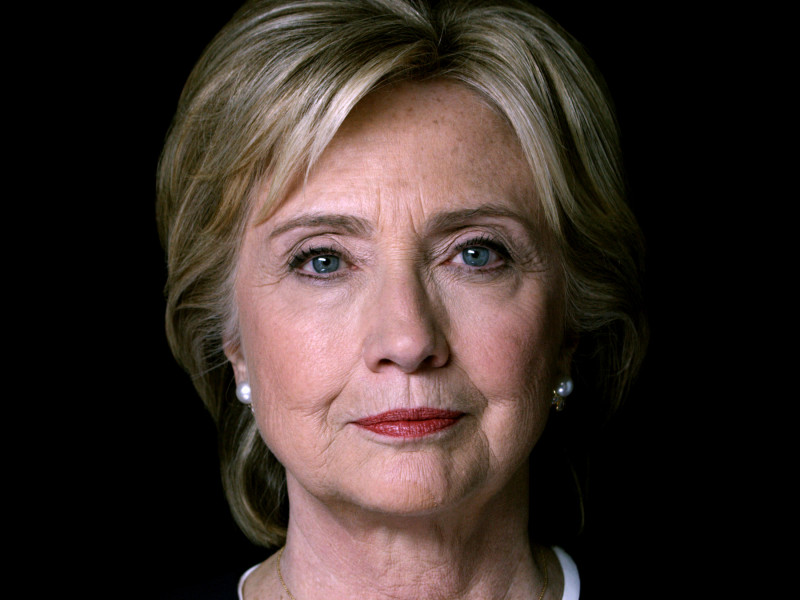










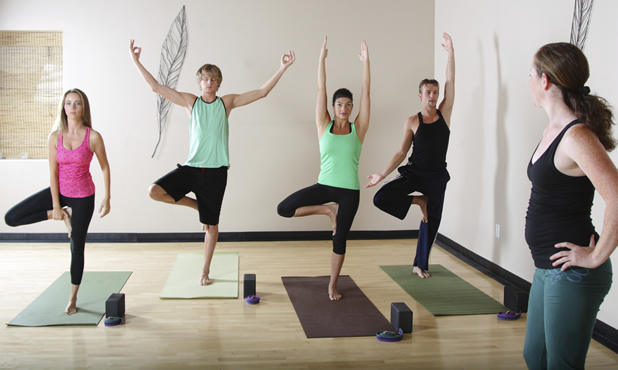


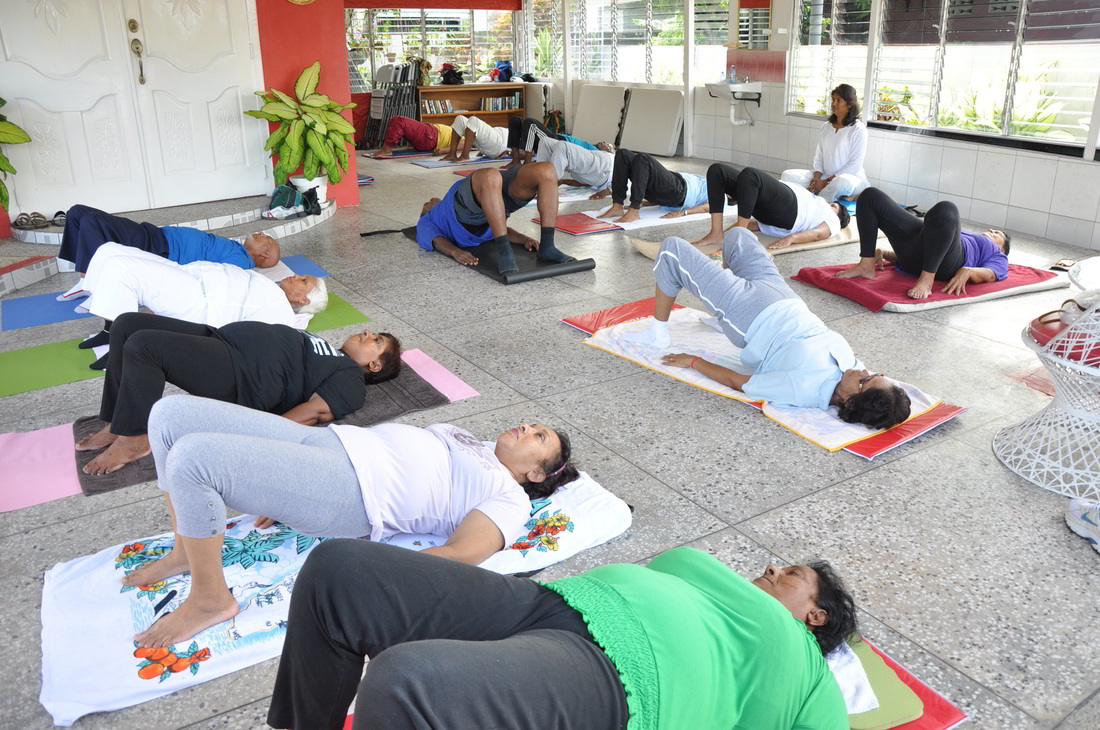






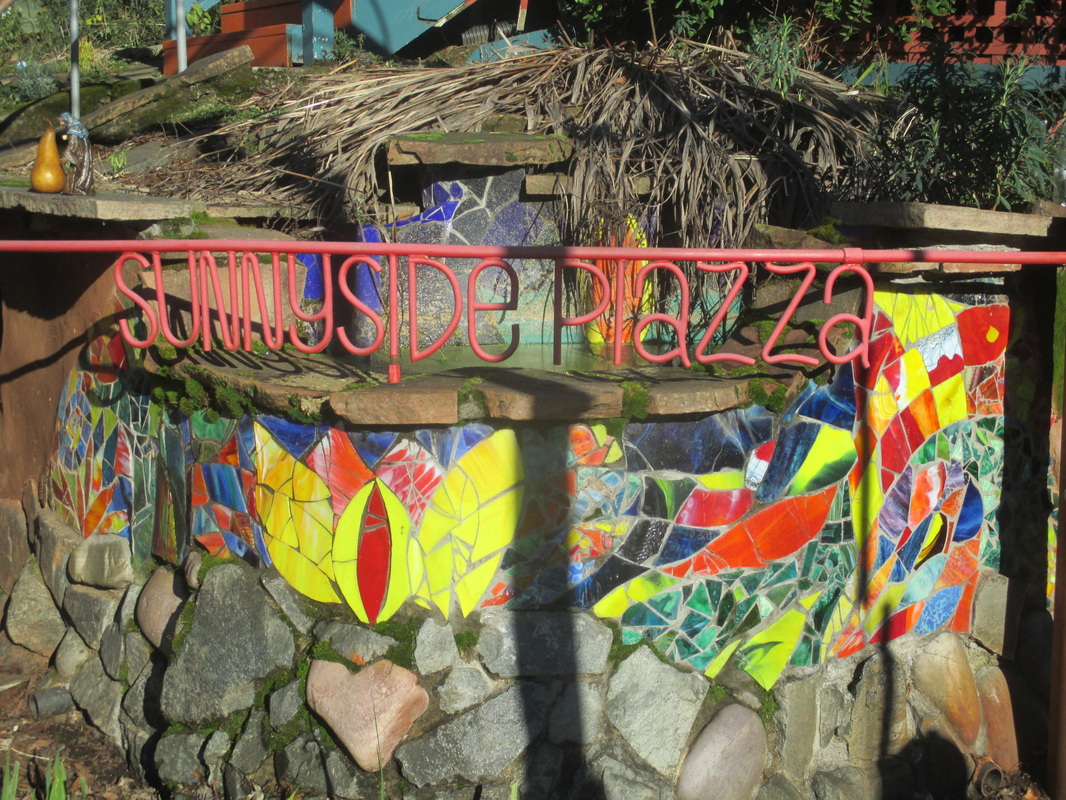




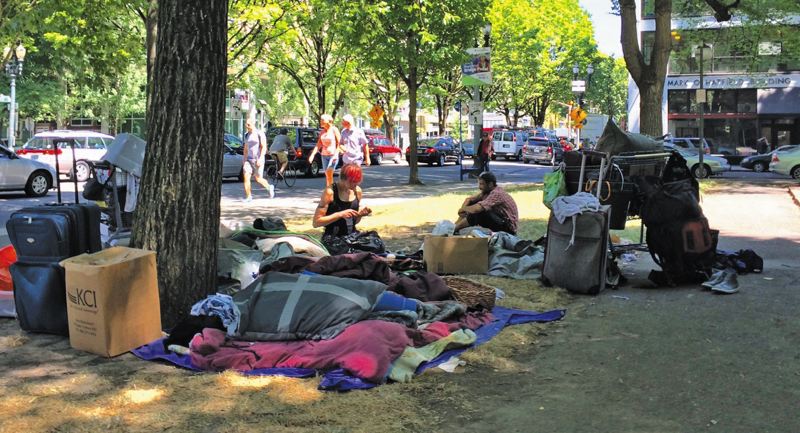


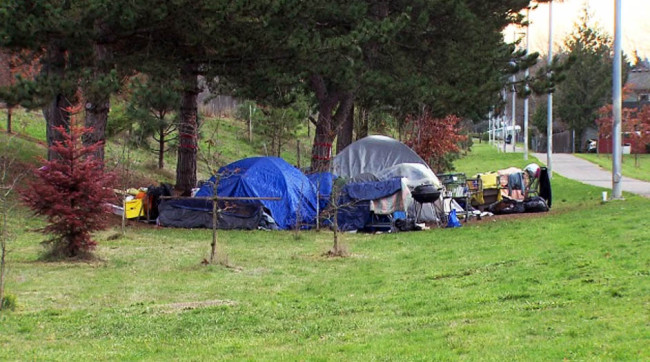
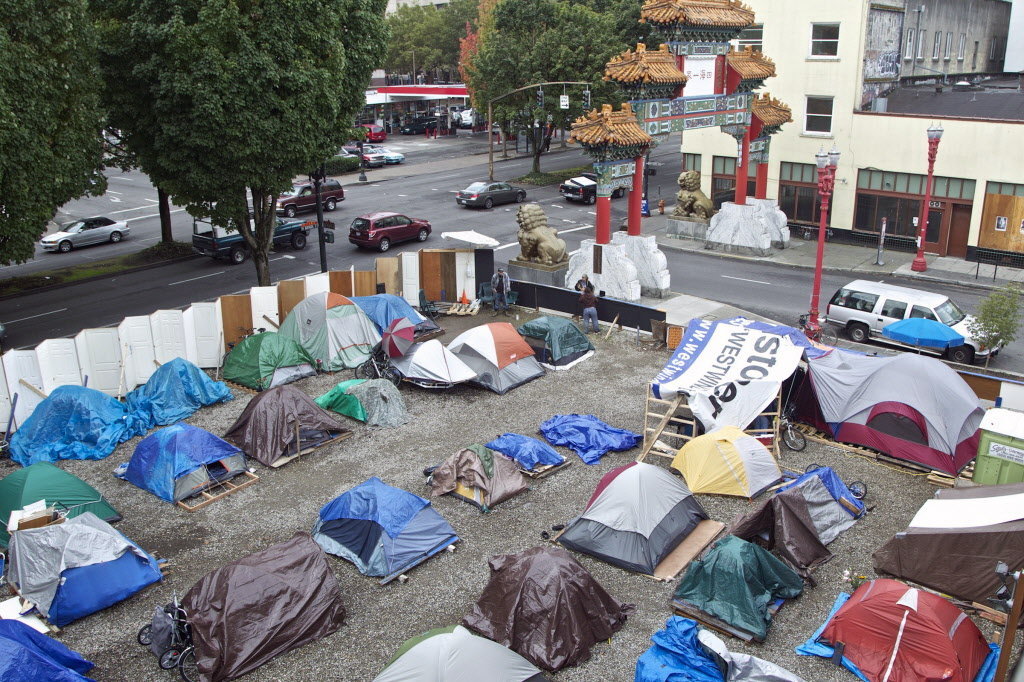
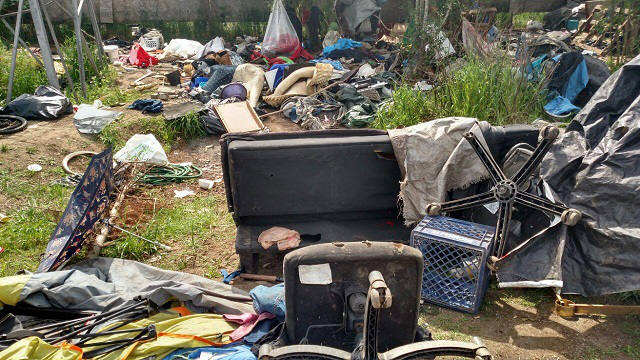
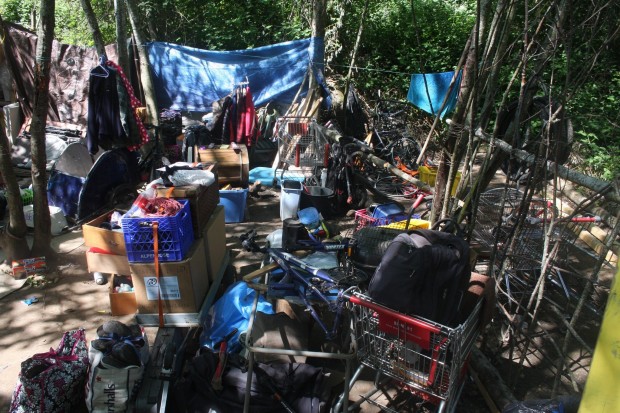
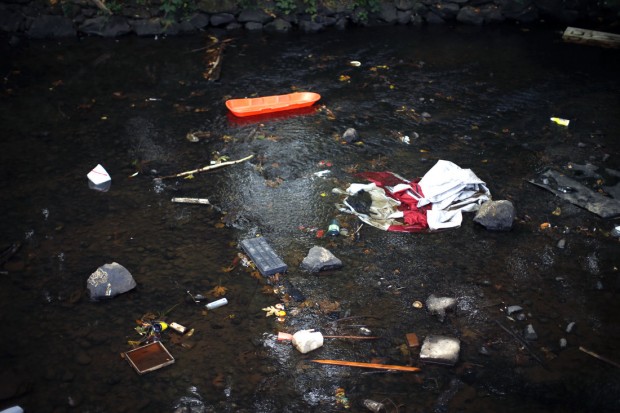
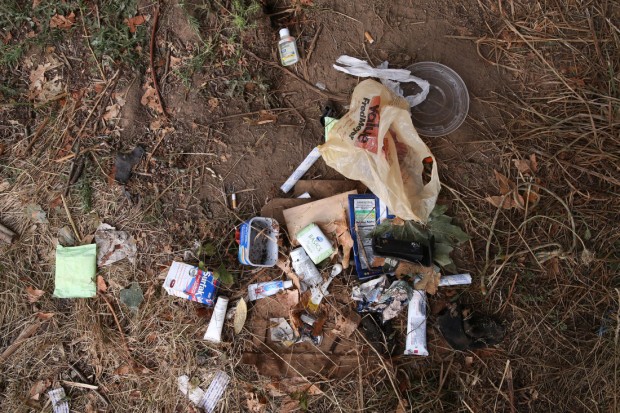
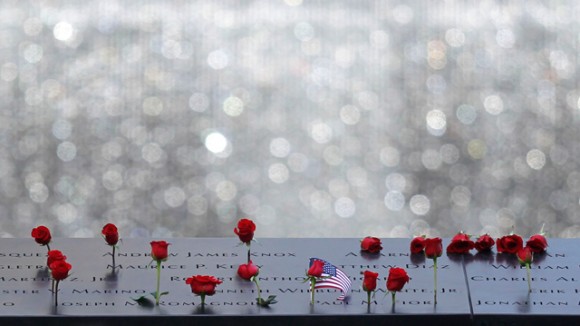


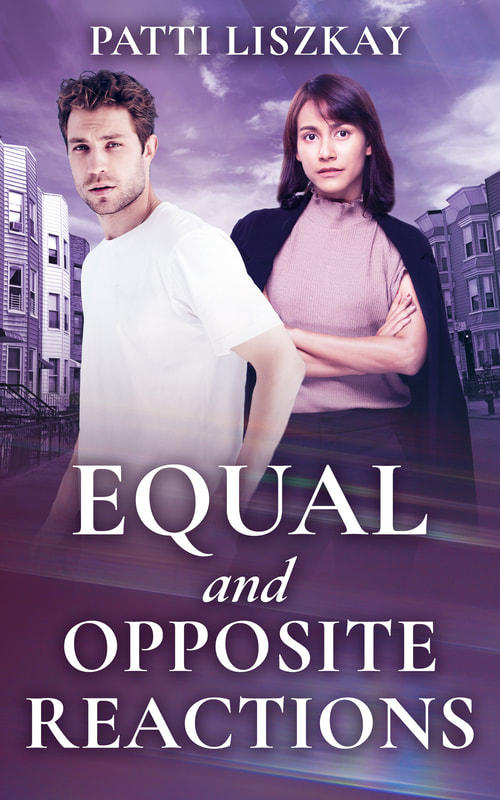


 RSS Feed
RSS Feed